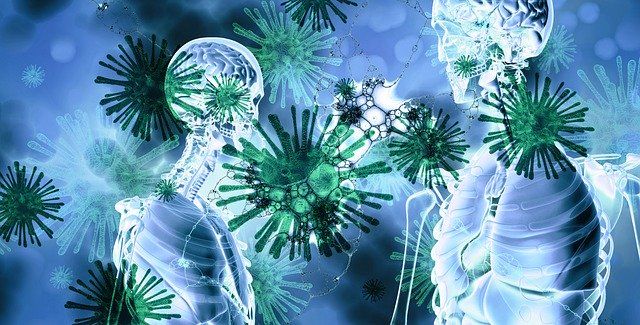According to a new study at Aarhus University (AU), critically-ill COVID-19 patients can be saved by dampening their immune system.
The research showed that the immune system’s attempt to fight off COVID-19 weakens the lungs of patients to the point where they succumb to the virus.
When infected with COVID-19, the lungs of vulnerable patients are unable to repair damaged tissue, leading to death in many cases. As a result, reducing the immune system’s reaction to the coronavirus could help save lives.
“The immune system’s cytokines comprise a double-edged sword in these types of infections. The cells infected by the virus are prevented from growing and dividing, but unfortunately these cytokines have the same effect on the cells that do not contain viruses, such as those in the damaged lung tissue,” said Rune Hartmann, a professor at the Department of Molecular Biology and Genetics at AU.
“Our new results show that the damaged lung cells are therefore not repaired. The ideal treatment for people who are seriously ill with respiratory viruses is therefore to initially stimulate cytokines early during infection and then down-regulate them later to avoid killing the patient.”
READ ALSO: Coronavirus experts: second wave expected in September
From mice to men
Even though the new study is conducted on mice with the influenza virus as a model organism, the researchers are confident that their observations also occur in humans.
The study, ‘Type I and III interferons disrupt lung epithelial repair during recovery from viral infection’, has been published in the scientific journal Science.















